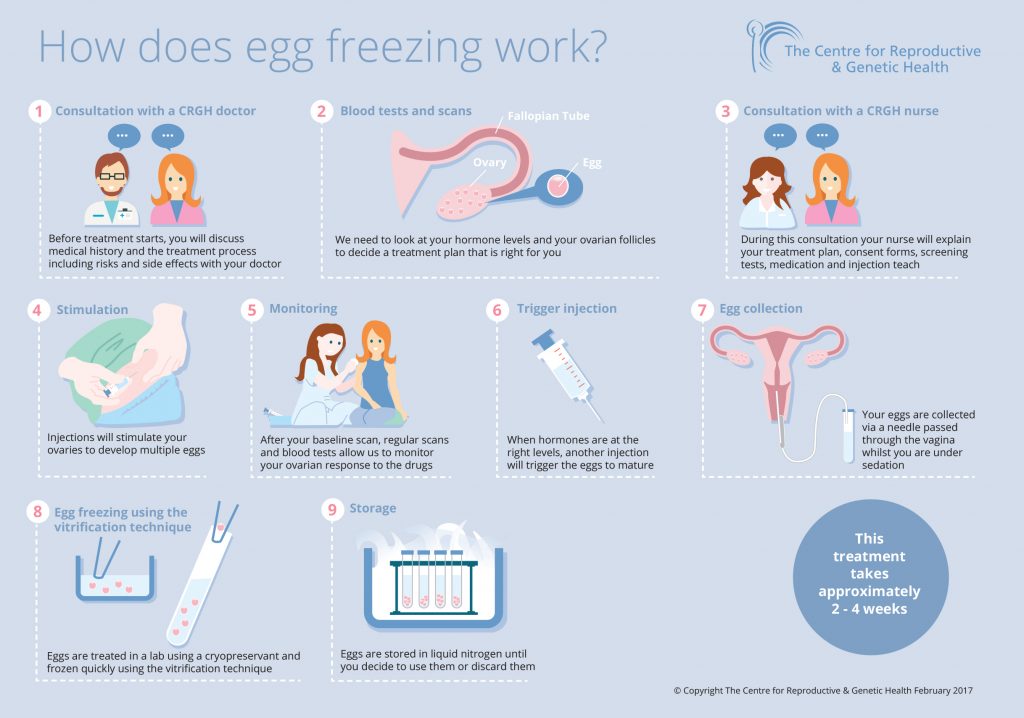Trend of egg freezing in India rising but there is still a social stigma
- hellomarwadi
- 0
- on Aug 13, 2022
Egg freezing is a relatively new concept in India. Despite a lot of social stigma associated with it, the procedure is emerging as a growing trend in urban areas. Technology conglomerates Apple and Facebook announced that they will pay for the egg freezing process of their women employees.
What is egg freezing?
Egg (Oocyte) freezing, also known as oocyte cryopreservation, is a method used to save women’s ability to get pregnant in the future. If you decide to preserve your fertility, it’s best to do it as soon as you can and more effective before a woman is 35 years old.
History?
The world’s first birth through frozen oocyte was pioneered by Prof. Christopher Chen in Australia, in 1986 using slow-freeze and rapid-thaw cryopreservation techniques. Initially there was a very slow progress because oocytes are notoriously difficult cells to cryopreserve, due to their low surface area to volume ratio and high susceptibility to intracellular ice formation. But now both embryo and sperm cryopreservation are well-established procedures. Oocyte cryopreservation is also called termed as ‘egg freezing’, ‘oocyte freezing’, ‘oocyte vitrification’, and ‘fertility preservation’.
Who can consider egg freezing? Why?
Women with cancer requiring chemotherapy and/or pelvic radiation therapy that may affect fertility.
If you have a condition or circumstance that can affect your fertility.
Surgery that may cause damage to the ovaries.
Risk of premature ovarian failure because of chromosomal abnormalities (e.g. Turner syndrome, fragile X syndrome), or family history of early menopause.
You need treatment for cancer or another illness that can affect your ability to get pregnant. C
You’re undergoing in vitro fertilization.
Ovarian disease with risk of damage to the ovaries.
You wish to preserve younger eggs now for future use.
Genetic mutations requiring removing the ovaries (e.g. BRCA mutation).
Fertility preservation for social or personal reasons to delay childbearing.
What are Risk?
Perhaps the most important medical risks associated with egg freezing are those that can result from ovarian stimulation, such as ovarian hyper stimulation syndrome.
Women who attempt to achieve a pregnancy using their frozen–thawed eggs will be subject to the risks of IVF.
These risks include multiple pregnancy, pregnancy-related high blood pressure, premature delivery, operative delivery and infants with low birth weight.
Limited data about the safety, and efficacy of this techniques.
Emotional risks of egg freezing for healthy women of reproductive age.
Cost-effectiveness
Procedure
a

b
c
Cost of cryopreservation
a.. The costs of preserving eggs is very high. In India, freezing embryos costs Rs 10,000 to Rs 15,000 per month, and the frozen embryo transfer cycle costs Rs 100,000 to Rs 200,000 per cycle.
b
c
List of Cryopreservation Companies in India?
- a
- b
- c
Future of ART..
a
b
c